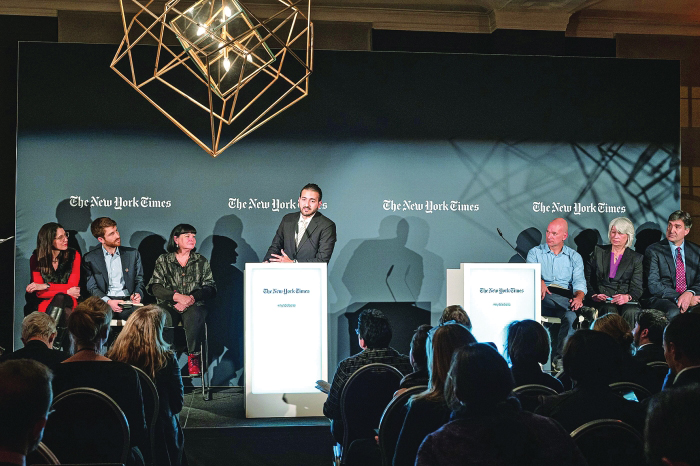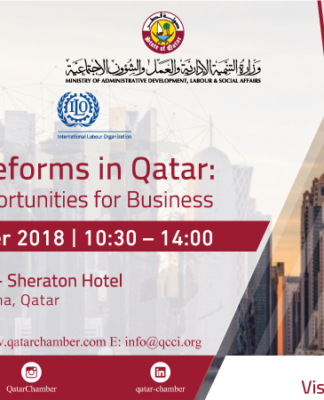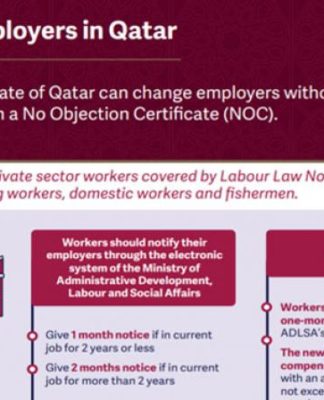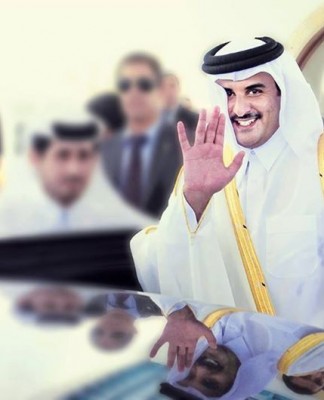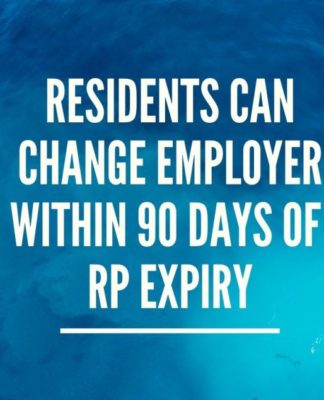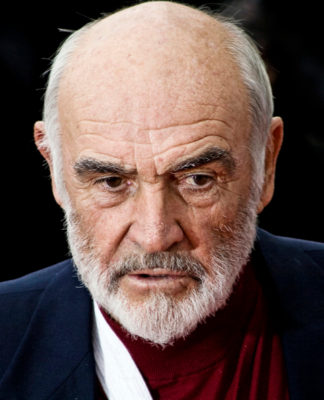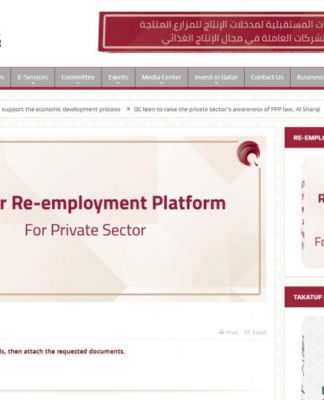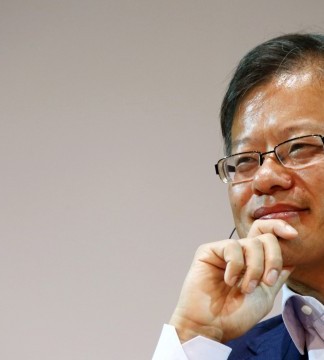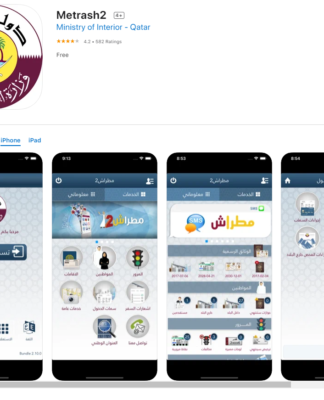Doha
The art of debating is a time-honoured and long-standing tradition. And, in a world plagued by unrest and rising political tensions, the benefits of debating – which include developing critical thinking and problem-solving skills – are becoming an increasingly important factor in building progressive societies.
QatarDebate is working to take the art of debate to the world. From organising the first European Arabic Debating Championship in Vienna, Austria, and establishing the inaugural US Universities Arabic Debating Championship at Harvard University, to sponsoring a debate on the sidelines of the World Economic Forum in Davos, the Qatar Foundation (QF) member is providing the necessary building blocks to help shape globally responsible citizens.
The event in Davos last week was held in collaboration with The New York Times, and saw six speakers discuss the motion “Big tech cannot be trusted to self-regulate”. At the end of the discussion, audience members voted on the arguments, with the overwhelming majority believing that corporations cannot be trusted to regulate themselves.
Helen E Clark, former Prime Minister of New Zealand, who attended the debate as a judge, spoke about the relevance of the topic, saying: “I think it’s been an incredibly important debate, because online platforms have an incredible control over our life. I am really impressed that Qatar Foundation has supported this debate in the interests of us hearing what all the arguments are, and I personally got some new insights into how to tackle the issue.”
Dr Mahmoud Y Barraj, Outreach Program Specialist at QatarDebate and a jury member, highlighted how QatarDebate aims to bring key issues to the forefront of the nation and find solutions to global problems through the power of debate. “The motions are chosen by an internal committee whereby in most cases the RFR technique is applied: Recency, Frequency, and Relevancy,” he explains.
Recency refers to how much time has lapsed since the topic began being discussed, while frequency looks at how often the topic has surfaced on different platforms, whether there is a sense of urgency to it, and how many people are talking about it. Finally, relevancy refers to how pertinent it is to our present and future.
“The motions are also treated in horizontal and vertical conducts,” said Dr Barraj. “Horizontal refers to different topics – for example, economic, social or political – while vertical means the level of fluency, such as whether the motion is for professionals, university students or schoolchildren.”
Abdulrahman I al Subaie, head of Outreach Programme, QatarDebate, said, “This year’s event at Davos was a landmark event. The World Economic Forum is committed to improving the state of the world, and not only was it the 50th Annual Meeting, but the subject matter itself – big tech and regulations – is extremely topical at the moment, and showcases the type of issues QatarDebate aims to address.
“Indeed, what QatarDebate and Qatar Foundation did at Davos complements what we do locally in Qatar and internationally, so, in reality, one of the things that excited us most about the event is that it truly represented what we are hoping to do in 2020 and beyond.”
Dedicated to spreading the art of debate, QatarDebate is currently in Kuala Lumpur organising the Asian Arabic Debating Championship, where – over the course of five days – around 30 university teams from across Asia will compete for the prestigious title.From Harvard to Davos, Qatar Foundation member QatarDebate champions the power of dialogue and reasoned argument
Source:qatar-tribune.com














